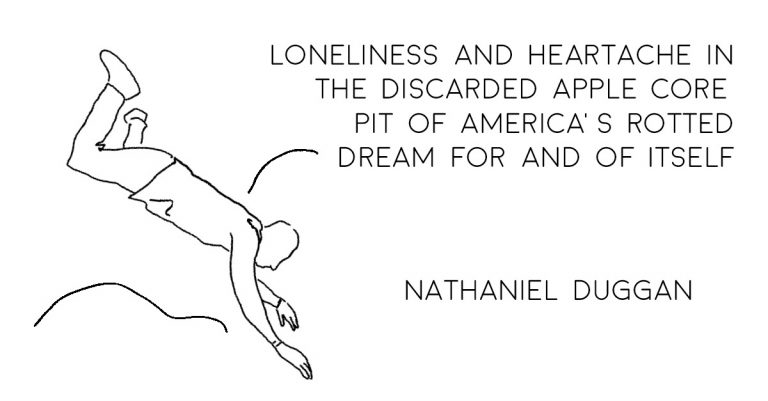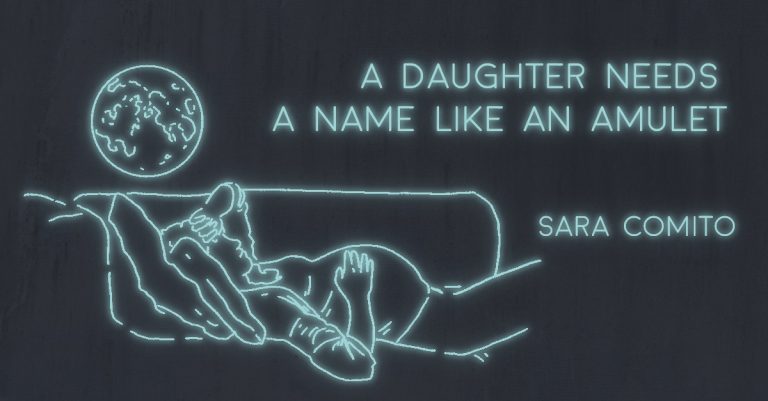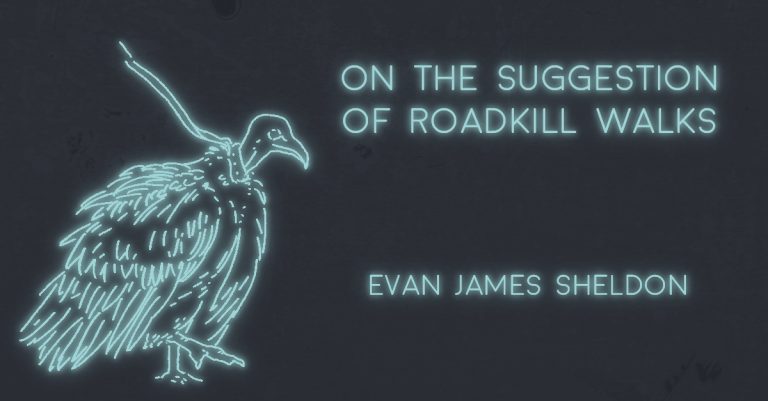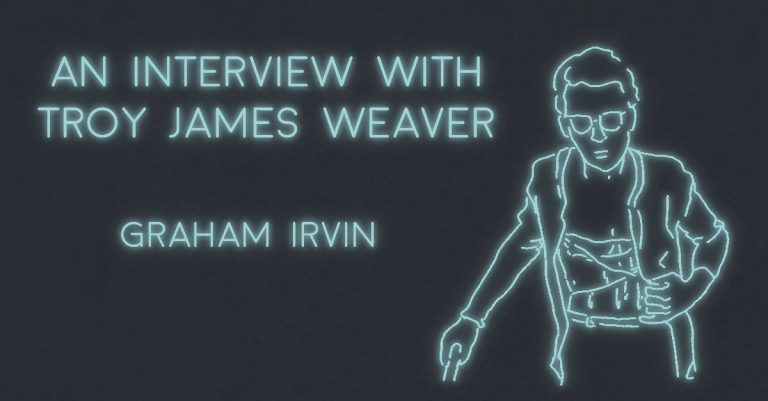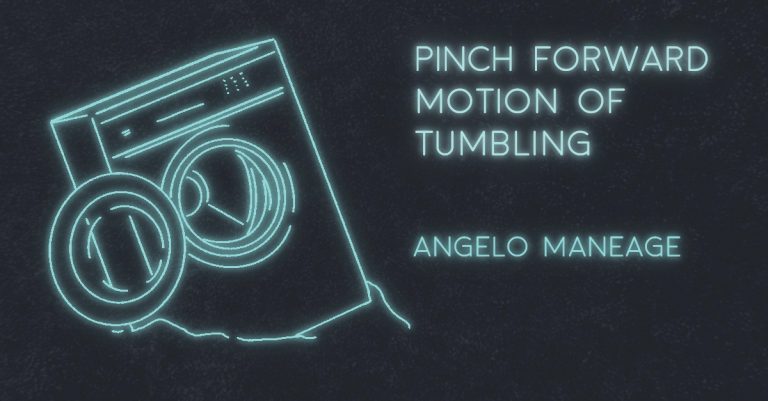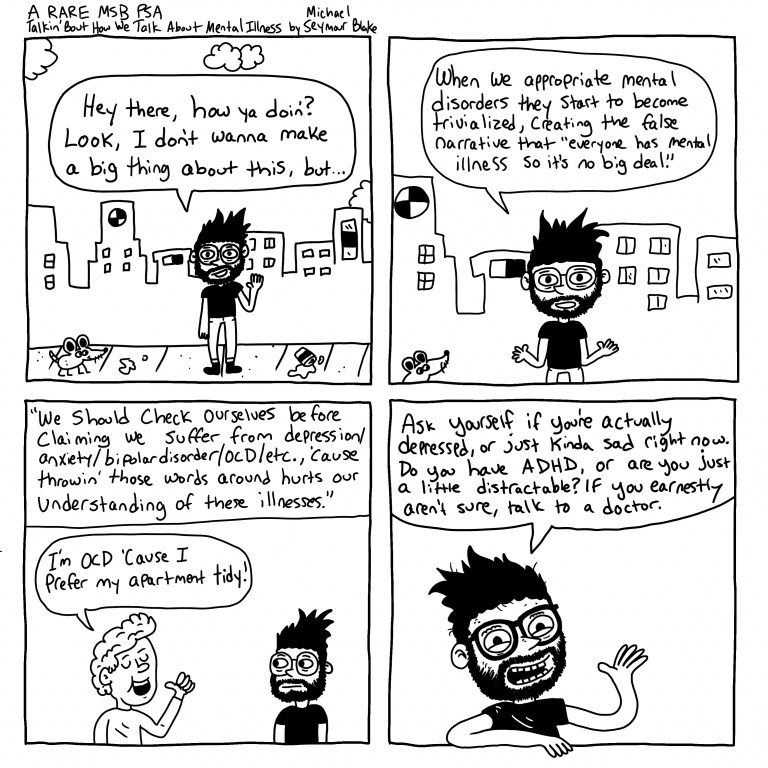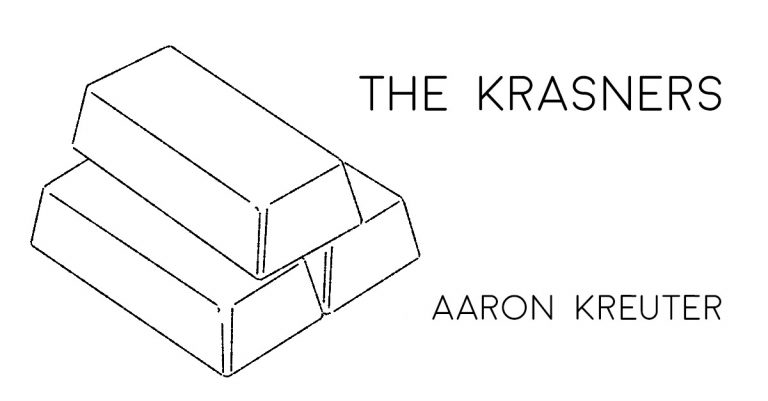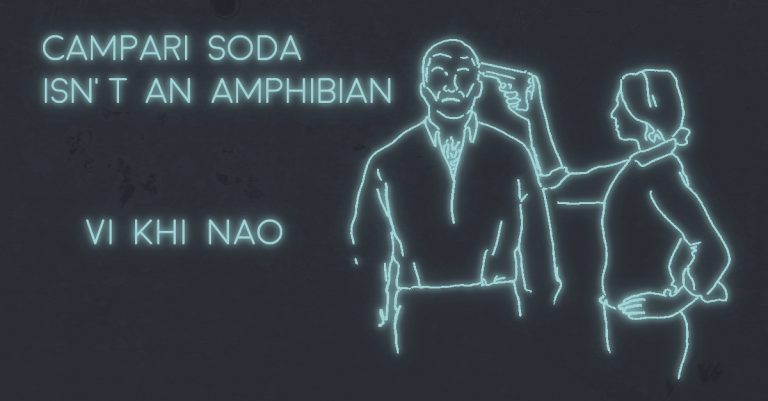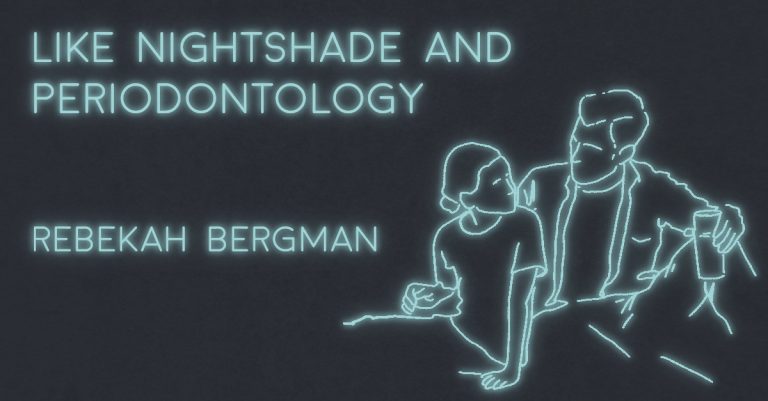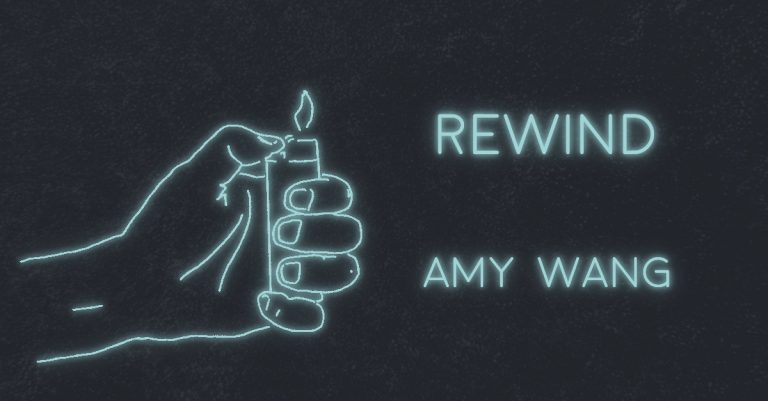
REWIND by Amy Wang
This is before the bed at my new apartment feels especially wide and I wake up crying over things I barely remember; before the two years during which every night I hear the tell-tale groaning of a broken stairway as it is about to collapse under the weight of ashes and a leaping fire in the second after I fall asleep; this is before I have to start going to therapy in order to keep from crying every time I pass the cafe where you used to buy me peppermint lattes, before I begin reminding myself that it is my

